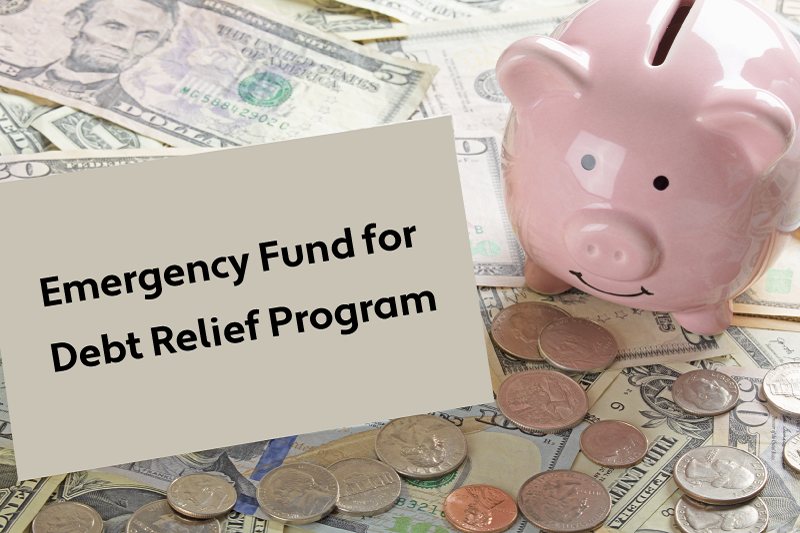If you find yourself, like many Americans, overwhelmed by debt and unable to imagine how you will ever pay it off, a debt relief program might be the best option for you. Once you decide to conquer your debt and work with a debt relief company to help you accomplish this, your team at your debt relief company of choice will work with you to create a plan to relieve your burden, reduce the stress that comes with carrying debt, and get you back on track to financial security.
If you and your debt relief company or credit counselor decide that a debt consolidation program or debt settlement program is best for your particular situation, there are things you can do to make it more likely you will succeed in paying down your debts and regaining financial freedom.
Here, we are sharing four ways you can help to ensure you succeed in your debt relief program.
#1. Work Closely with Your Debt Relief Company and the Team Assigned to Your Case
When you work with a debt relief company, the team assigned to help you is on your side and wants to see you succeed in paying off your debts. So that they can offer you the best assistance, make sure you are completely honest with them about all of your finances from the very beginning, and keep in touch with them throughout the entire time you are working together.
It is important to be honest and open and it is always best to give a heads-up if you anticipate any issues arising, rather than hiding a potential problem. Your debt relief company is on your team and will work with you to figure out the best solution for you.
Because debt settlement requires you to default on your payments in order for a settlement to be negotiated on your behalf, you might find that you receive calls from creditors, hounding you to pay your bills. Do not let this derail your progress and, when in doubt, reach out to your debt relief company with any questions or if you need any support in such a situation.
#2. Make Your Escrow Payments on Time
During the debt relief process (particularly if you’ve chosen to pursue debt settlement), you will make periodic payments to your debt relief company, who will hold these payments in an escrow account on your behalf until it builds up enough value to pay off the settlement amount that your creditors have agreed to accept. For this reason, it is imperative that you make your escrow payments on time, as the sooner the escrow account builds up, the sooner you and your creditor will be able to reach a settlement.
Your team will work with you to come up with a feasible debt settlement plan (which is why it is so important that you follow tip #1 above). Sometimes, though, unexpected circumstances arise and you might find yourself in danger of missing an escrow payment.
While it is always the best practice to make your escrow payments on time, when in doubt, let your debt relief partners know what is going on if you anticipate any issues in making your payments.
#3. Laser-Focus on Repaying Your Debt
Focus all of your resources on paying back your debt and building up your escrow account. When you sign up for a debt consolidation program, successfully completing the program should be your primary financial focus.
Debt can be daunting, but once you’ve taken the step to enroll in a debt relief program, know that you’re on the right track. Use this positive energy to think of ways you can save more money each month. Is it possible to secure a part-time job for a few additional hours a week? Perhaps you have items in your house you could sell or an extra freelance job you could pick up? Put any extra cash you earn into your escrow account right away, including windfalls like bonuses, gift money, or refunds.
Sometimes it helps to let others who are close to you know that you are working hard to pay off your debt, so they can help support you in the process. Don’t be afraid to reach out to family, friends, and colleagues for support and encouragement to keep pressing on.
#4. Don’t Forget Your Emergency Fund!
While paying off your debt will be your primary financial focus, you shouldn’t forget about building up your own emergency fund.
If anything unexpected arises that is truly an emergency (such as an illness, a car break-down that prevents you from getting to work, or a plumbing issue in your home), you want to be in the position to fix that problem, while at the same time being able to make your escrow payments on time.


